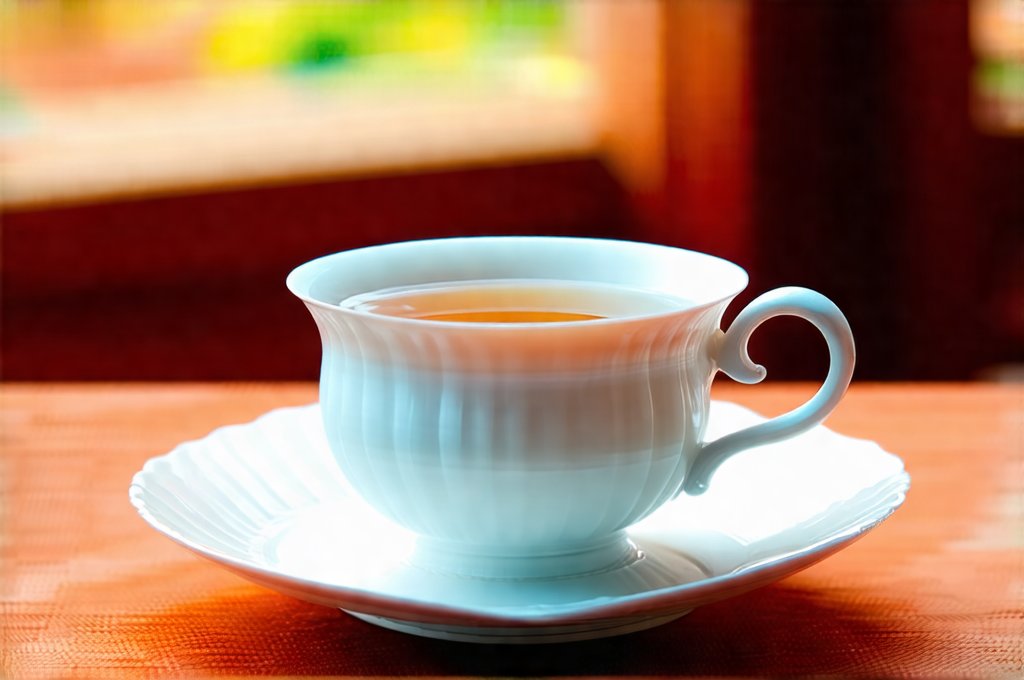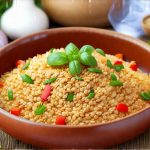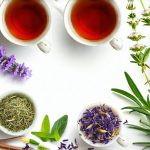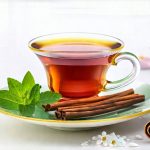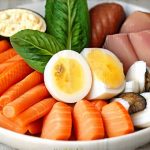That comforting cup of tea before bed – a ritual for many signaling relaxation and preparing for sleep. It’s often seen as a harmless indulgence, even promoted for its calming properties. However, for a significant number of individuals, this evening habit can inadvertently trigger or worsen acid reflux, leading to uncomfortable symptoms like heartburn, regurgitation, and even chronic digestive issues. Understanding why your evening tea might be contributing to these problems requires delving into the complex interplay between dietary choices, physiological mechanisms, and individual sensitivities. This isn’t about demonizing tea; rather, it’s about empowering you with knowledge to make informed decisions for a more comfortable night’s sleep and better digestive health.
The issue often stems from several factors beyond just what kind of tea you drink. The timing of your tea consumption relative to bedtime is crucial, as is the temperature and even the presence of additives like milk or sugar. Moreover, individual predispositions play a major role – what causes reflux in one person might not affect another. Why you might react to healthy foods can also contribute to this issue. This article will explore these contributing factors, providing insights into why that seemingly innocuous cup of tea could be disrupting your sleep and digestive wellbeing. We’ll also touch on strategies for mitigating potential issues without necessarily eliminating this beloved beverage entirely.
The Chemistry of Reflux & Tea’s Role
Acid reflux occurs when stomach acid flows back up into the esophagus, irritating its lining. This is usually prevented by a muscular valve called the lower esophageal sphincter (LES). Several factors can weaken or relax the LES, allowing acid to escape. These include certain foods and beverages, obesity, smoking, pregnancy, and some medications. Tea, surprisingly, can contribute to this process in multiple ways, largely due to its chemical composition and physiological effects.
The caffeine present in many teas – even seemingly “decaf” varieties often contain trace amounts – can directly relax the LES. This relaxation isn’t always dramatic, but it can be enough to allow a small amount of acid to creep upwards, particularly when lying down. Furthermore, tea contains compounds called methylxanthines beyond just caffeine, which have similar effects on muscle relaxation. Even herbal teas, while generally lower in caffeine, can contribute if consumed in large quantities or close to bedtime.
Beyond the LES, tea’s acidity also plays a role. While not as acidic as some beverages like orange juice, many teas possess a noticeable pH level that, when combined with existing stomach acid, can exacerbate esophageal irritation. This is particularly true for black teas and strongly brewed green teas. The heat of the tea itself can also be a factor; hot liquids generally relax the LES more than cooler ones. It’s important to remember this isn’t about whether tea causes reflux – it often contributes to existing vulnerabilities or exacerbates mild symptoms into noticeable discomfort. Can acid reflux be linked to food sensitivity? Understanding this connection can provide clarity.
Understanding Different Tea Types & Their Impact
Different types of tea have vastly different compositions and, consequently, varying levels of potential to contribute to reflux. Black teas, like English Breakfast or Earl Grey, are typically the most problematic due to their higher caffeine content, stronger acidity, and often robust brewing strength. Green teas generally contain less caffeine but still possess some level of methylxanthines and can be acidic depending on how they’re prepared.
- Herbal teas present a more nuanced picture.
- Chamomile, peppermint, and ginger teas are frequently touted for their digestive benefits, yet even these can trigger reflux in susceptible individuals.
- Peppermint, while often used to soothe the stomach, paradoxically relaxes the LES in some people.
- Ginger, though anti-inflammatory, can sometimes increase gastric motility (the movement of food through the digestive system), potentially pushing more acid upwards.
The brewing method also significantly influences a tea’s impact. Longer steeping times generally extract more caffeine and acidic compounds from the leaves, resulting in a stronger brew that’s more likely to cause reflux. Similarly, adding milk or sugar can further complicate matters. Milk, while seemingly soothing, can sometimes increase acid production, and sugar can contribute to fermentation in the stomach, leading to increased gas and pressure. Ultimately, choosing lower-caffeine options, brewing teas less strongly, and minimizing additives are key strategies for reducing reflux risk. How to be confident around unknown food is also a valuable skill to cultivate.
Timing is Everything: The Bedtime Tea Window
The timing of your evening tea consumption relative to bedtime is arguably one of the most significant factors determining whether it will contribute to reflux. Allowing at least 2-3 hours between your last cup of tea and lying down gives your body time to process the liquid and reduce its impact on the LES. When you lie down shortly after drinking tea, gravity no longer assists in keeping stomach acid where it belongs, making reflux more likely.
This isn’t just about avoiding lying down immediately; it’s also about allowing sufficient digestion. The digestive process requires energy and can be disrupted by lying flat. This disruption can lead to slower emptying of the stomach, increasing the risk of acid buildup and subsequent reflux. Consider these points:
- Experiment with different tea consumption windows to see what works best for you.
- If you struggle with reflux, try shifting your tea time earlier in the evening or even eliminating it altogether before bed.
- Smaller sips throughout the evening may be less problematic than a large cup right before sleep. Saying no to plans can also help prioritize rest and digestion.
Lifestyle & Dietary Considerations Beyond Tea
While adjusting your tea habits can significantly reduce reflux symptoms, it’s crucial to recognize that tea is often just one piece of the puzzle. Numerous lifestyle and dietary factors contribute to acid reflux, and addressing these holistically is essential for long-term management. A comprehensive approach will yield far better results than simply modifying your tea routine. If you have a child experiencing digestive issues, understanding your child’s gut trouble can provide valuable insight.
Consider these broader strategies:
* Maintain a healthy weight: Excess weight puts pressure on the abdomen, increasing the risk of reflux.
* Elevate the head of your bed: This uses gravity to help keep stomach acid down during sleep.
* Avoid trigger foods: Common culprits include fatty foods, spicy foods, chocolate, caffeine (beyond tea!), alcohol, and citrus fruits.
* Eat smaller, more frequent meals: Large meals increase stomach pressure.
* Manage stress: Stress can exacerbate digestive issues, including reflux. Practice relaxation techniques like yoga or meditation.
* Identify personal sensitivities: Keep a food diary to track what triggers your reflux and adjust your diet accordingly.
Ultimately, managing acid reflux is often about understanding your individual body and making informed choices that support optimal digestion and comfort. Your evening tea may be part of the equation, but it’s rarely the entire story. A 7-day GERD diet plan can provide a structured approach to dietary changes.

